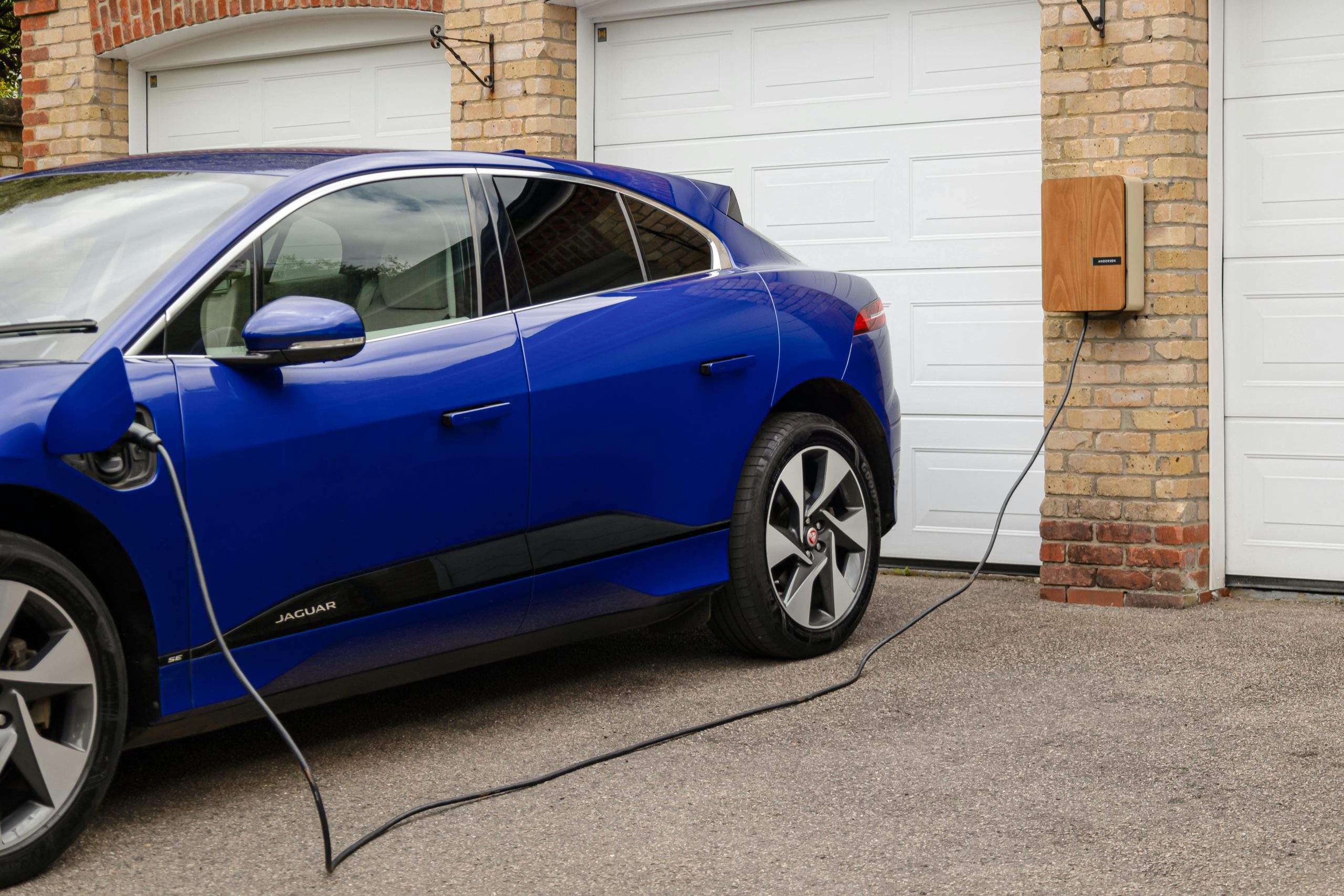
Electric vehicles (EVs) are becoming more popular all the time. Car manufacturers continue to increase their production of EVs, and charging stations are popping up in more workplaces and public parking lots. While purchasing these vehicles remains expensive, consumers find the environmental benefits and cost savings worth the initial price. In fact, so many consumers take this view that you’re bound to encounter a tenant who wants to charge his EV at your rental property.
Am I required to provide EV charging at my rental property?
In most cases, the answer is no, but that response could change as state and local governments seek ways to lower fuel emissions. Some states have already passed legislation requiring landlords to either provide EV charging capabilities or allow tenants to install EV charging at their own cost. Check the laws applicable to your rental property since regulations vary by location, property size, and other factors. Local electric companies may also have guidelines specific to charging EVs, such as limiting charging to certain times of day.
What are the options for EV charging?
Level 1. Most EVs can charge via a standard 120V outlet, but they charge too slowly to make this method practical.
Level 2. With the correct cable, an EV can charge via a 240V plug. This option charges vehicles significantly faster than Level 1 and works well for rental properties where tenants park in a garage or other assigned space.
Level 3. This is by far the fastest charging method, but it requires specialized equipment and high installation costs. Consequently, Level 3 charging is generally appropriate for larger multi-family units or apartment complexes.
What are the pros and cons of EV charging?
Not surprisingly, the biggest con of EV charging is the cost of installation, maintenance, and higher electricity use. Adding an EV charging port will involve some rewiring and potential structural changes, which may prove impractical in older buildings. Tenants can defray some costs by paying their own utilities, accepting a rent increase, or splitting the installation cost. To best protect your investment, your lease should specify who pays utilities, EV charging details, and required safety precautions for storing and replacing charging cables.
The pros of EV charging can outweigh the cons, especially in areas where the EV industry is expanding. EV charging is an attractive amenity you can list when advertising your rental property. Furthermore, investing in EV charging when a tenant requests it could help you retain a good renter. Another pro is that some municipalities offer tax credits or incentives to property owners who install EV charging. In the long term, an EV charging investment can benefit your tenants, the environment, and your rental property business.
If you can’t facilitate EV charging now, research local public EV charging so you can inform interested tenants. Being prepared for increased interest in EV charging will keep your business current and your property appealing to eco-friendly tenants.
About Rentals America
Rentals America provides full-service property management for residential rental properties. Our team is completely dedicated to property management, and we’re here to help landlords navigate the rental market.










